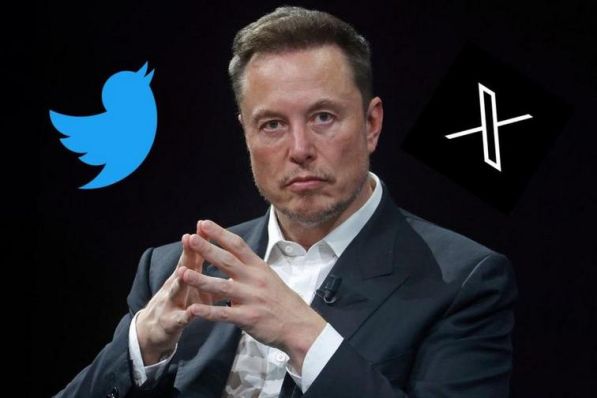Ethereum is a game-changing blockchain technology for developing DApps, and managing assets and transactions in a decentralized manner. Rather than being powered by central authorities, Ethereum runs on a secure P2P network that executes and verifies application codes via smart contracts. This makes it much more scalable, programmable, and secure than first-generation blockchain technologies.
These are computer programs that allow participants to exchange currency without the need for a central authority. Transaction records in Ethereum are immutable and transparent, allowing users to retain full control. A sender must spend Ether (ETH), the blockchain’s native currency when sending transactions through user-generated accounts.
ETH’s acceptability has resulted in it becoming a popular currency for making payments. Decentralized applications (dApps) use ETH to interact with apps based on the Ethereum blockchain and execute transactions. The apps use bridges to work with cryptocurrencies other than ETH.
Ether checks all of the boxes for what a currency should be: it can act as a store of value, medium of exchange, and unit of account. A store of value is an asset that keeps its purchasing power over time. The value could stay stable or increase, but it will never drop in price. People are risk-averse when it comes to the store of values; if there’s always demand for the asset, then prices will steadily rise.
Money is a dividend that helps meet economic transactions between parties. Most of the time, the currency is being used as a mediator which we called it a “medium of exchange”. Though there are lots of tokens and coins that work just like money does, what makes them different from each other is fungibility. Meaning to says, one must be equal to another no matter how big or small amount units they have because value doesn’t exist without an object on its own behalf–a yardstick external to itself with which it can compare and contrast values in order to create meaning.
Ether meets all the requirements for a good digital currency. ETH is a rare form of cryptocurrency that can be bought and sold using blockchain technology. Units of Ether can be used to trade goods and services, or simply held as an investment. Individuals could buy ETH now in hopes that its value will increase in the future.
Taking payments in Ethereum offers several benefits for both customers and businesses. Transitioning to a blockchain-based ecosystem provides both users and enterprises with a slew of advantages. Providing consumers with another payment option gives businesses an edge over their competitors, as cryptocurrencies continue to grow in popularity. Merchants may now receive digital payments and convert them into real money using cryptocurrency gateways.
Decentralization offers buyers greater transparency and security while making a purchase. Crypto transactions are executed on blockchains, which are secure and cannot be tampered with by centralized authorities.
Related Posts





